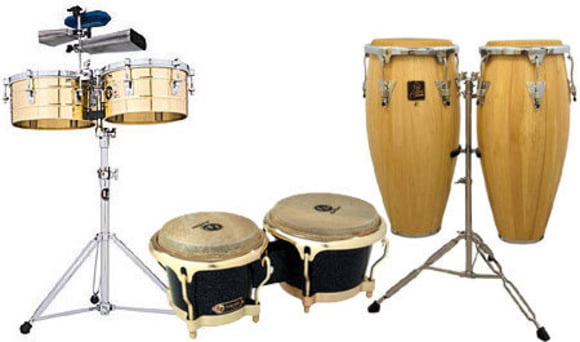3. Origins
Lets take a brief look at the history of Cuba and Afro-Cuban music and see if we can understand why Fidel Castro could be seen as the grandfather of the Buena Vista Social club.
Columbus discovered Cuba in 1492. At the beginning of the sixteenth century, Spain took possession of Cuba. The plantation economy of the new colony flowered and required workers who came as slaves from Africa.
These unfortunate souls brought little with them beyond their cultural traditions and their music. They were kidnapped from two main areas: Nigeria and its adjacent territories, and from the Congo/Angola cultures in the west of Central Africa. Cuba received many elements of African culture, particularly dance and music. Centuries later, with the eventual abolition of slavery in Cuba, about a quarter of a million people obtained their freedom and in seeking work, migrated to Cuban cities such as Havana and Santiago de Cuba. The music they brought eventually evolved into what is known as Afro-Cuban music.
During the first half of the twentieth century the influence of Afro-Cuban music spread to North America and around the world. Music and dance styles such as the rumba, the son, cha cha and mambo became very successful and influential around the world. The instruments used to create these styles of music spread along with them. Today, the best known and important are the timbales, bongos and congas.

... the Timbales, Bongos and Congas
Following the Cuban revolution of 1959 a national institution to promote Cuban culture was formed. This national council for culture (Consejo National de Cultura) promoted music along with other aspects of Cuban history. The results of its work include a whole system of festivals for folkloric music forms such as son and rumba, the creation of the music-publishing house Editora Nacional de Musica and the national record company EGREM. The soundtrack to the Wim Wenders film Buena Vista Social Club was recorded in the music studio at EGREM in Havana. Therefore Fidel Castro is to a certain extent the grandfather of the Buena Vista Social Club.



